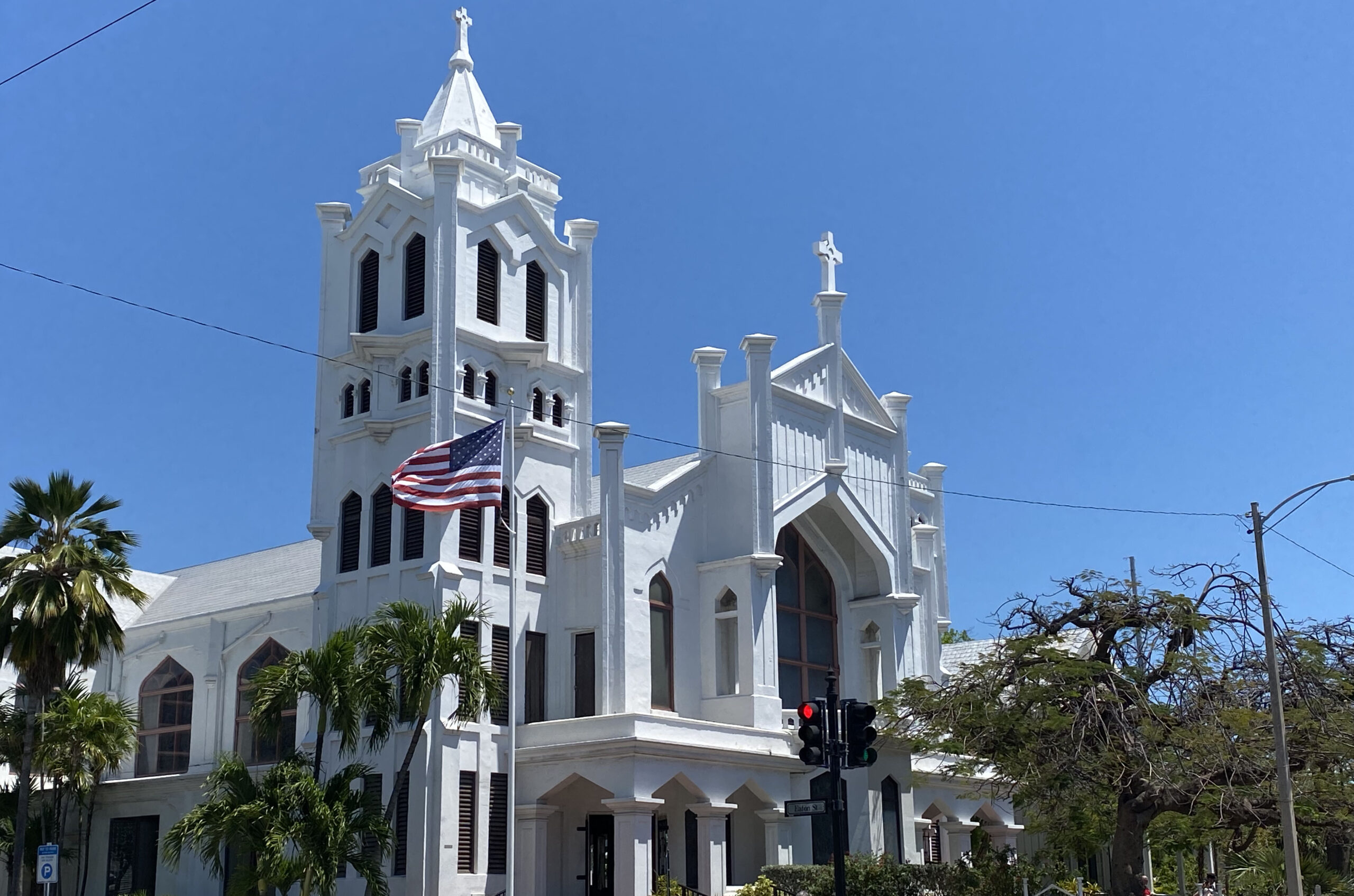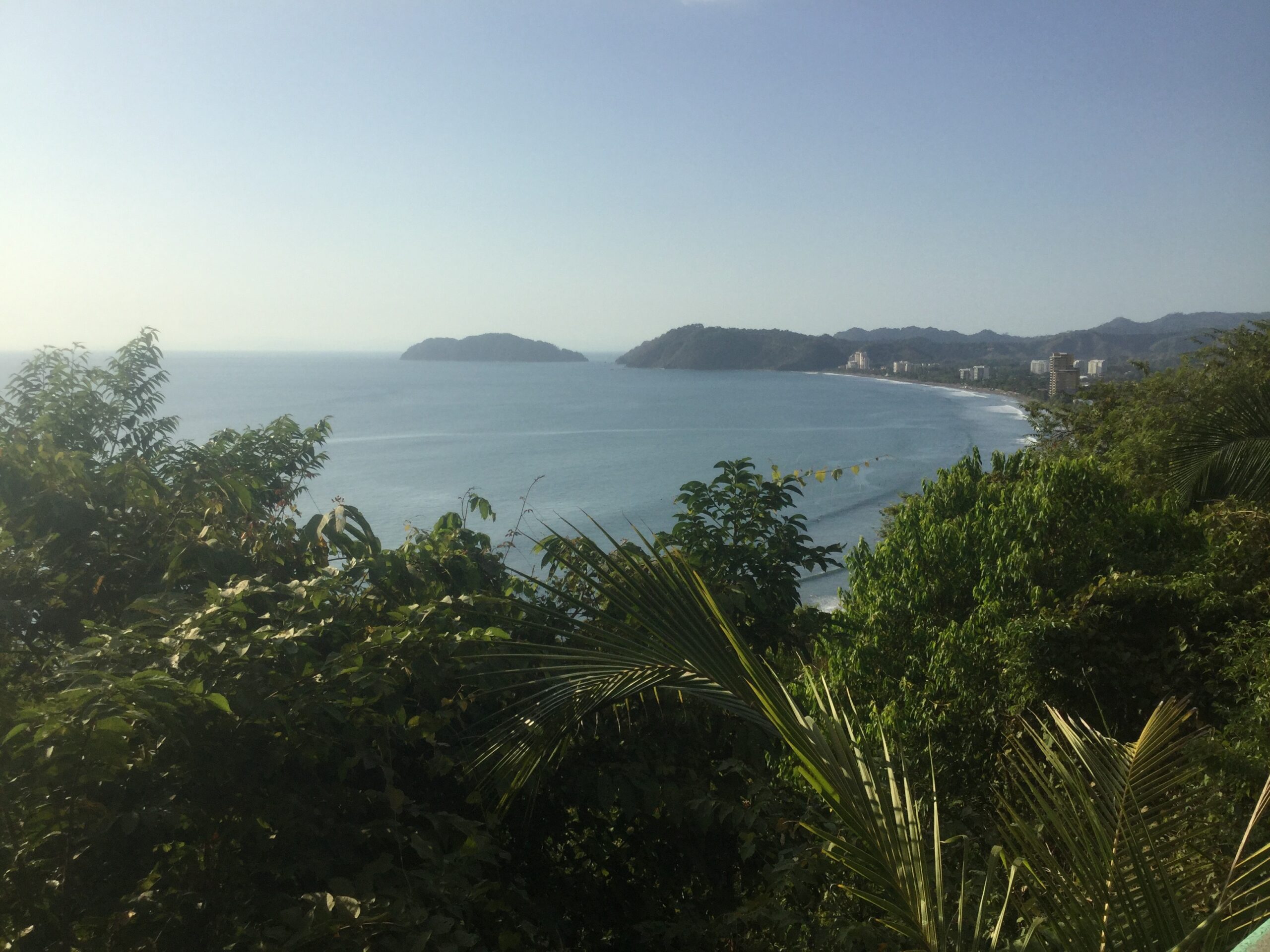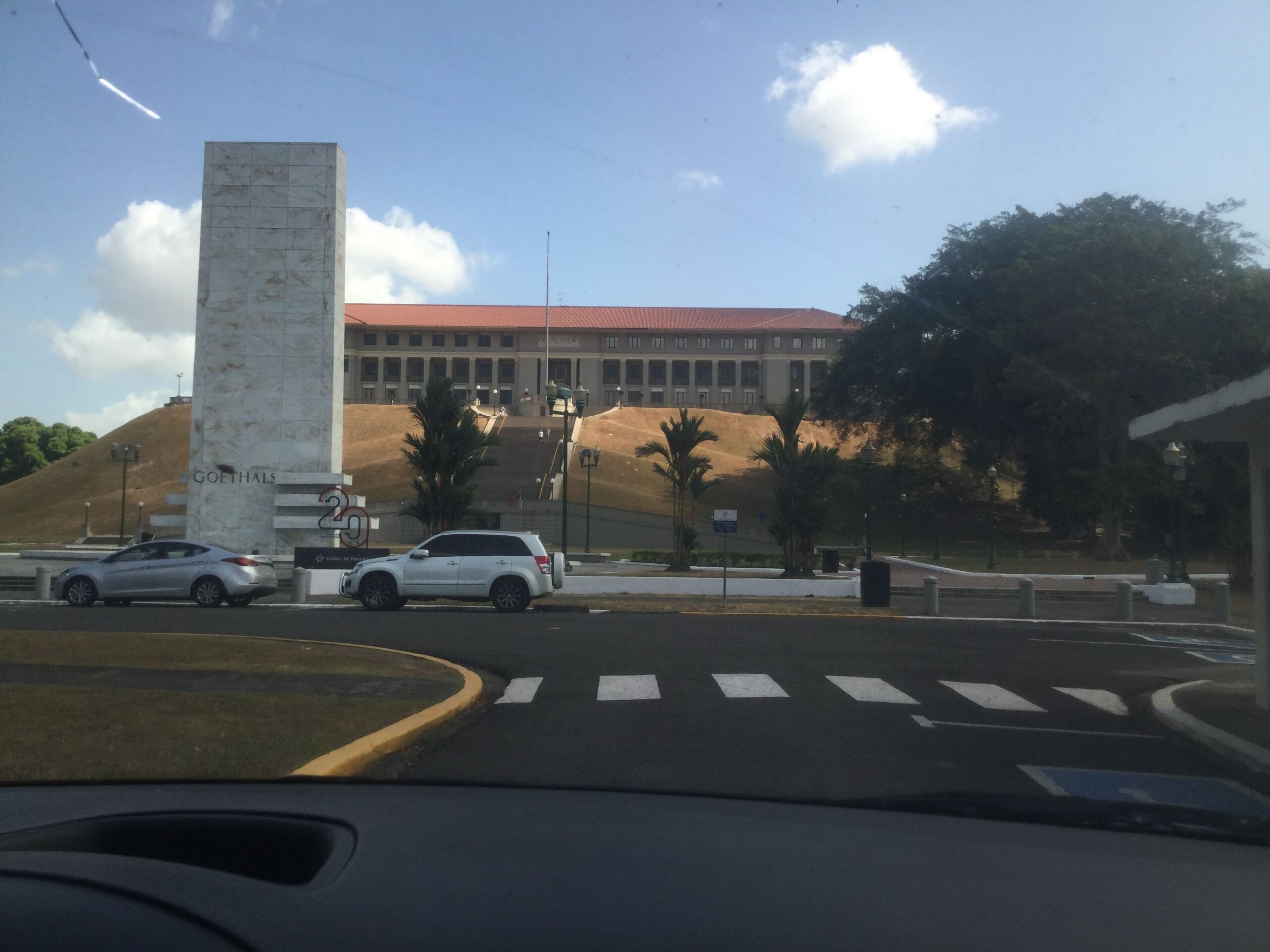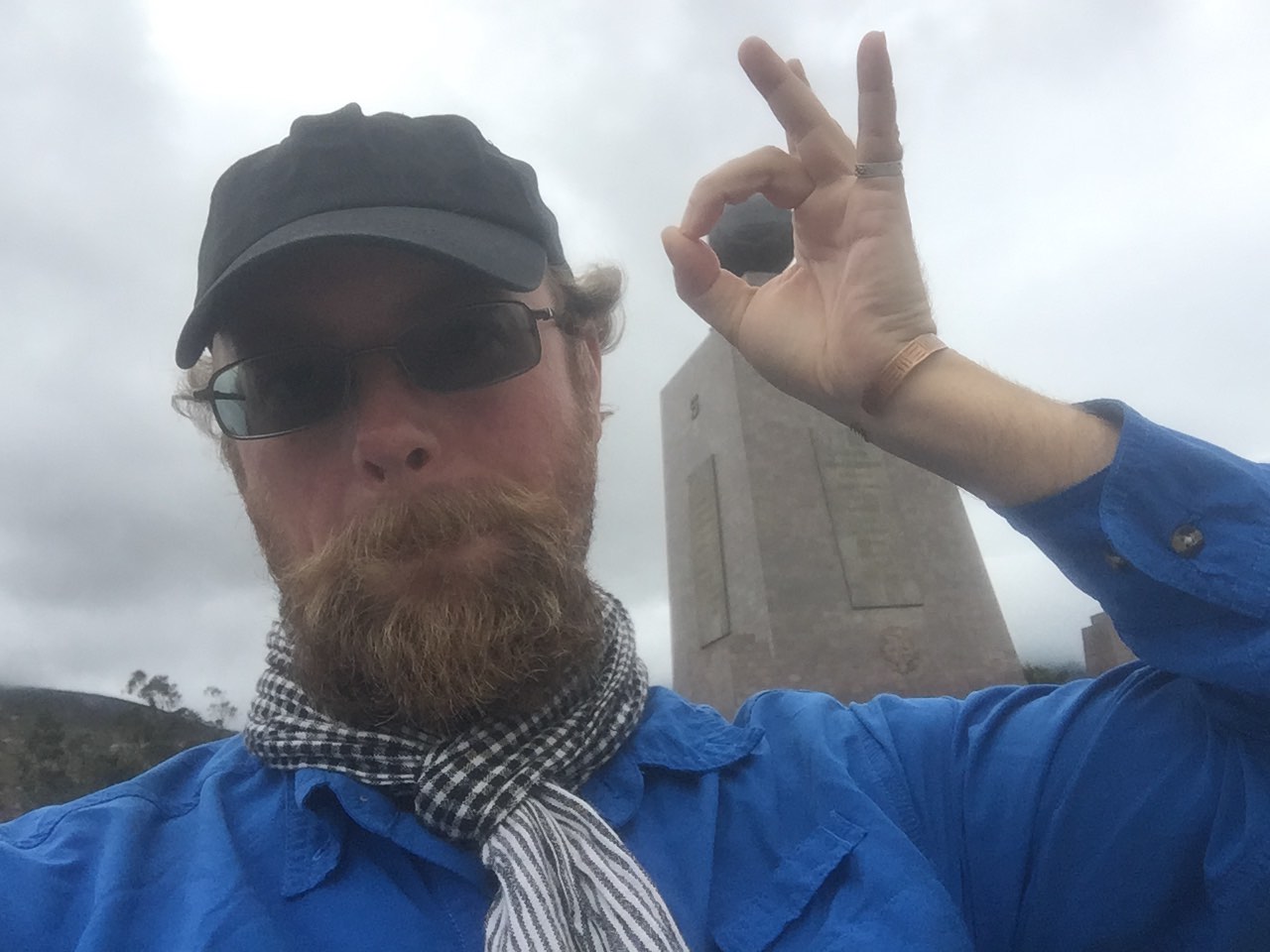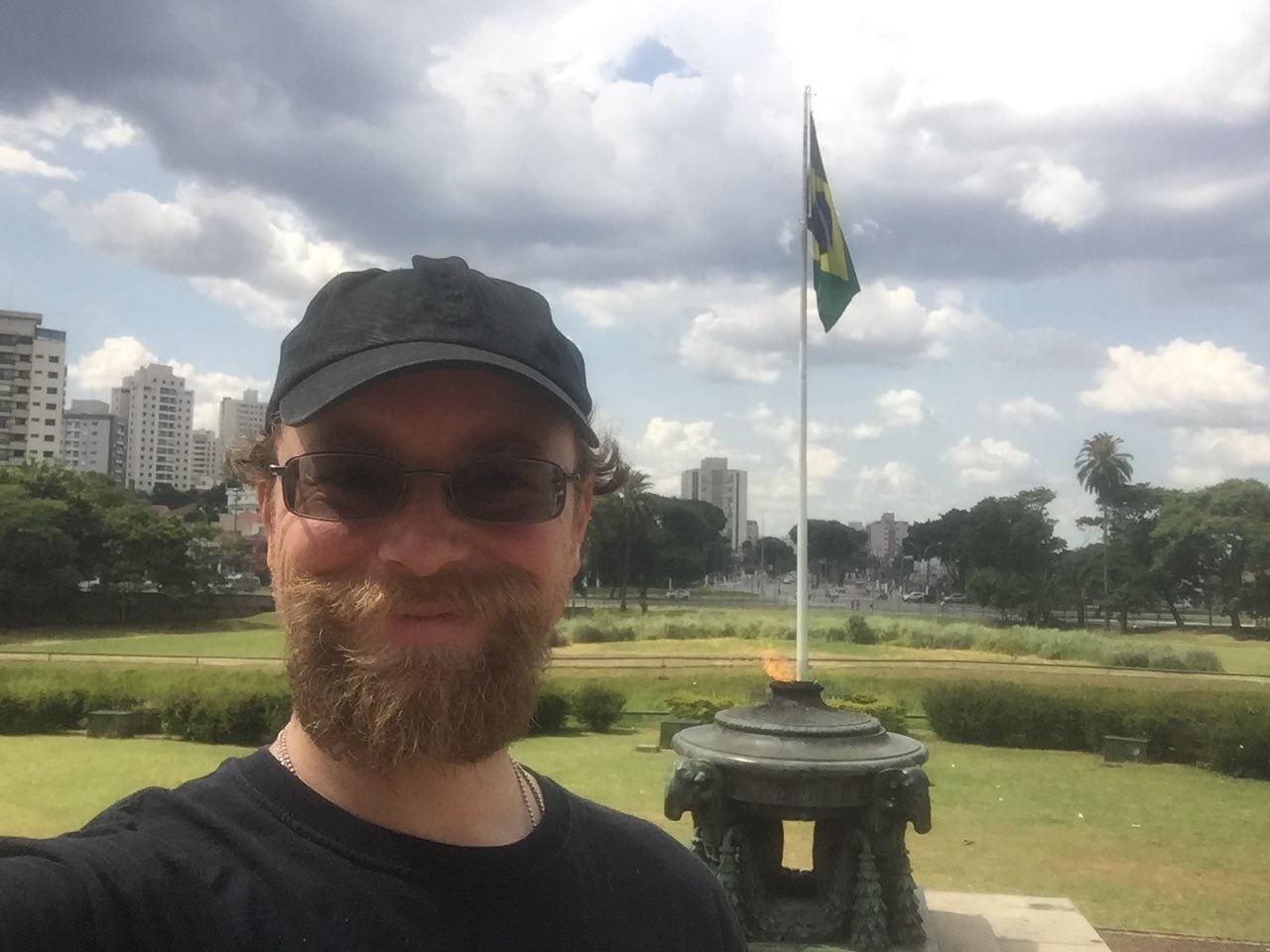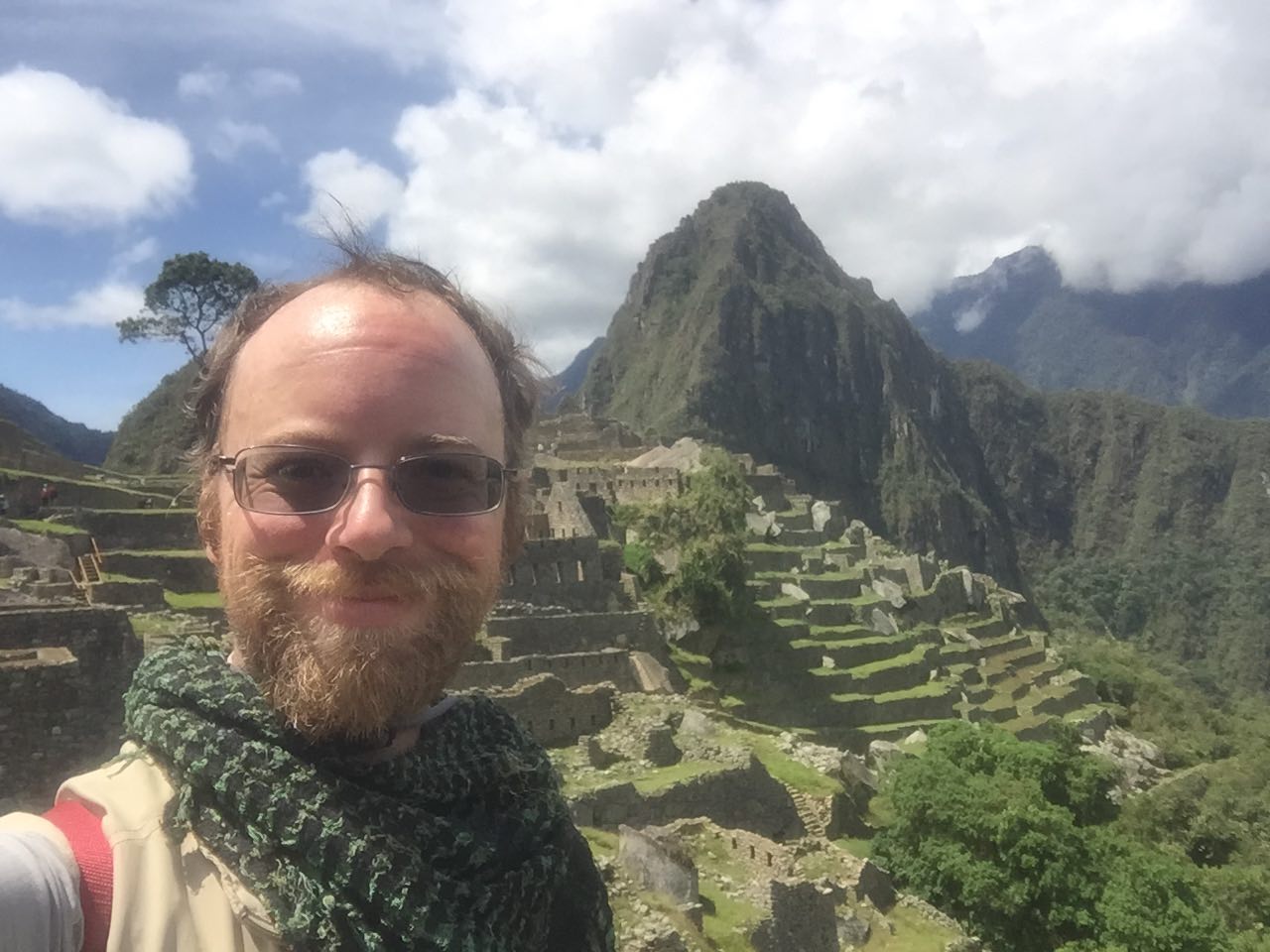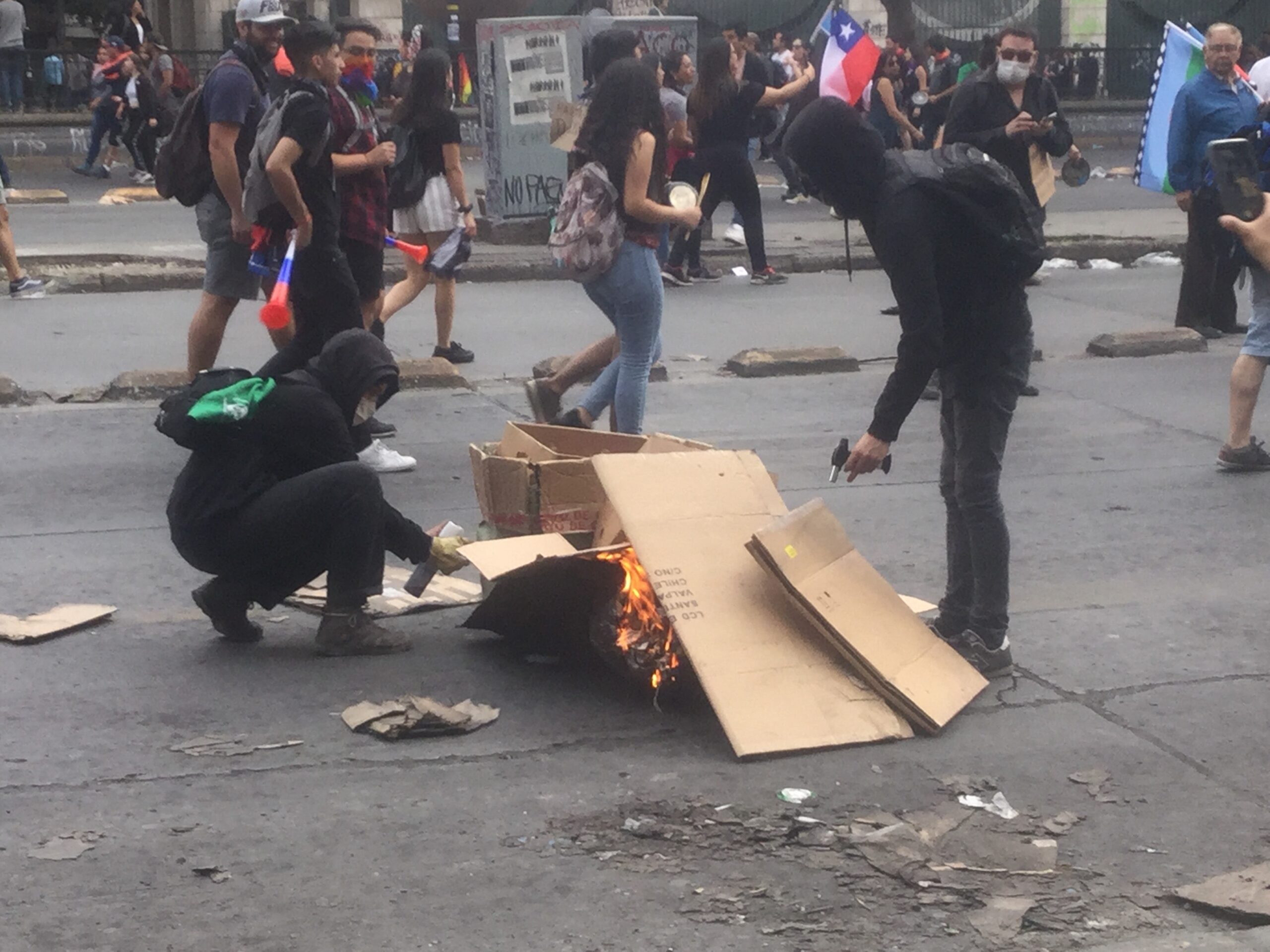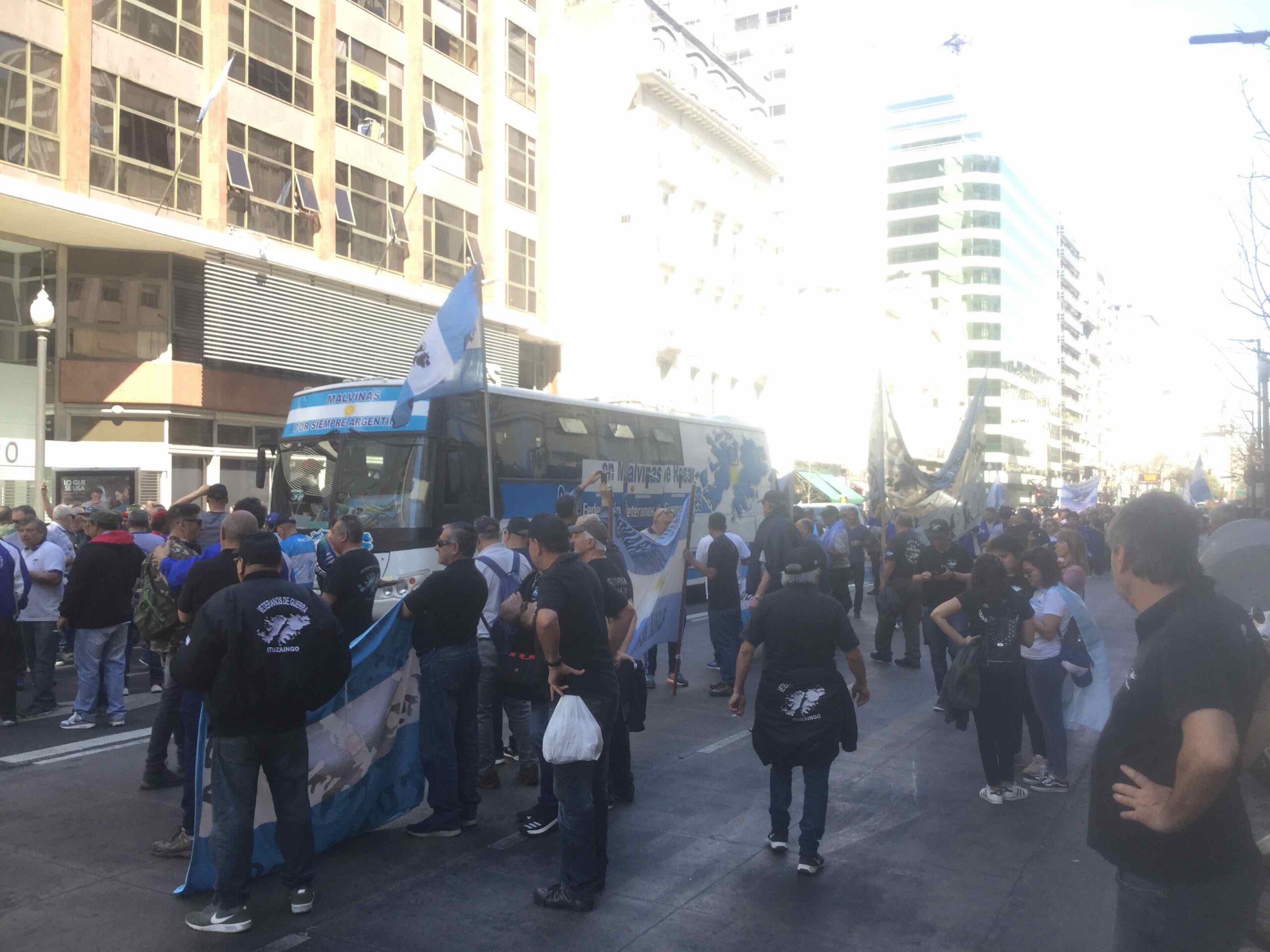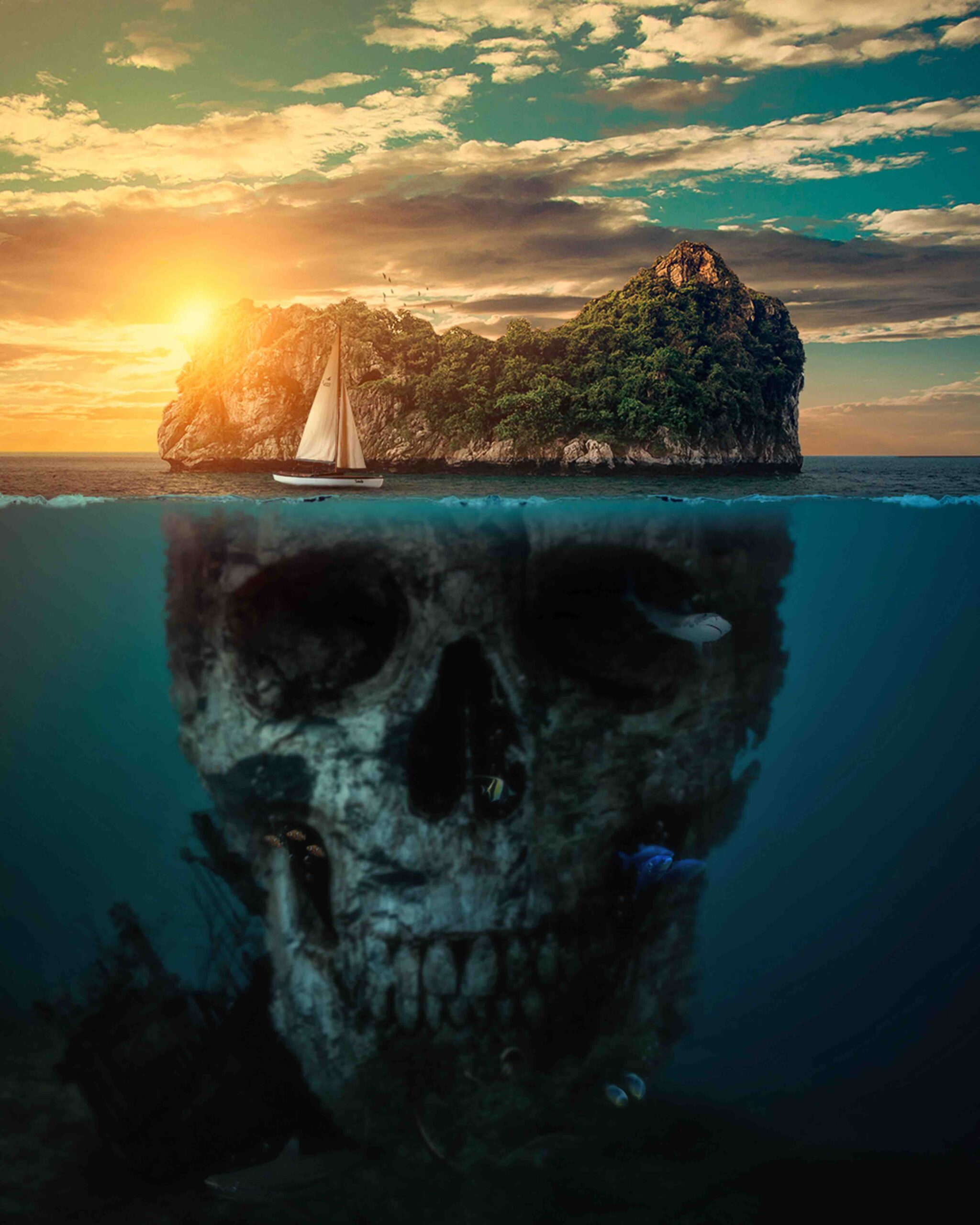I was invited to attend church with my father and stepmother on the Sunday morning after I arrived back in the country. The service was at St Paul’s Episcopal Church; a mainstay on the main drag in Key West, Duval Street. It seemed fitting that my journey would end here in a church. I traveled the world for 365 days. As I sat in a pew, I really did not hear the sermon but looked at the works around the church: the stained glass, the woodcarvings, and even the hymnals. I began thinking about all I had seen and experienced.
I thought about the courage it took to act on something that I had wanted to do for such a long time.
I thought about my arrival a world away on that first day.
I thought about visiting a place where I could see myself living if I ever needed to say goodbye to my homeland. Or so I thought at the time.
I thought about how one man’s heaven could be another’s hell.
I thought about the sincerity of people.
I thought of the fragility of freedom and the wonders of friendship.
I thought of the festering scars of war.
I thought of the lost souls.
I thought of the ancient wonders.
I thought of beguilement.
I thought of the hospitality.
I thought about the perseverance of human nature.
I thought of the fact that it is personality and not nationality.
I thought about the banality of evil.
I thought about the triumph of the human spirit.
I thought about the joys of companionship.
I thought about the wonders of art and the impetuousness of youth.
I thought about personalities harmonizing with each other.
I thought about savage beauty.
I thought about the way some soldier easily bury their animosities.
I thought about the demise of decadence.
I thought about a new world’s promise.
I thought about the ease of violence.
I thought about the ability to commune with nature.
I thought about the thirst for power.
I thought about the desire for money.
I thought of what wrapping this all up meant for me.
I realized that I probably had felt much like the pilgrims felt before when they were in that Church in Amsterdam before they set sail for the new world. I did not know what my future held. It is safe to say that in late February of 2020, neither did the rest of the world. What I did know was that soon, I would be wrapped in the arms of a woman that loved me that I too loved and I was looking forward to that more than I realized.
When the sermon was over, we all got up to leave. The minister stood at the doorway and greeted the flock. As it got to be my turn, he extended his hand and I took it. I thanked him for his sermon. As he looked at me he asked where I was from. I hesitated for a moment, thinking about everything I had been pondering before.
“I am from a little bit of everywhere. I just got back.” I said.
Slightly perplexed but quickly he shaking it off, he said, “Well, welcome home.”
“Thank you,” I said.
I was home.
And with that, I affixed my sunglasses and walked out into the already hot Key West morning.


